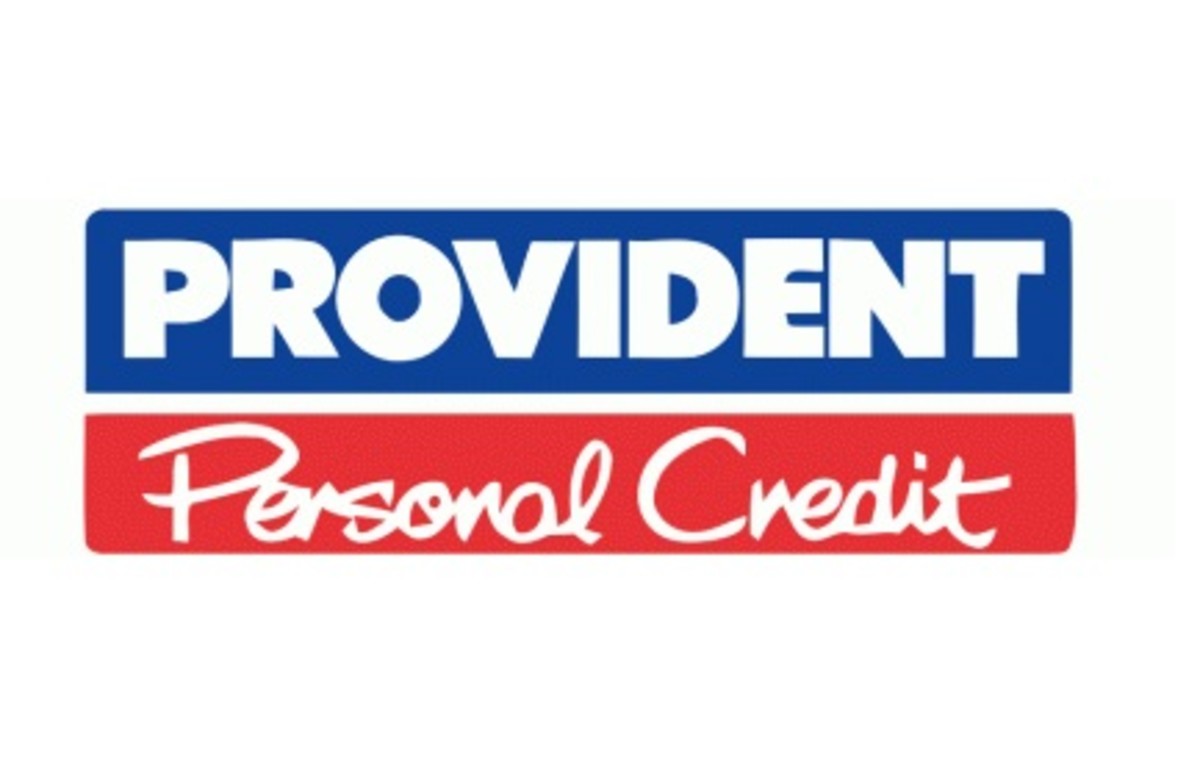Should I Pay Off Student Loans ASAP or Delay Paying My College Debt as Long as Possible?
The typical US college student graduates with loans that were granted through Federal programs, either subsidized or non-subsidized. There is a grace period of six to nine months after full-time enrollment stops. After that, monthly payments are due. That helps ease the transition into a career-track job (hopefully) and other adjustments typical at that time.
Pay it off as soon as possible?
When the good job is landed and the salary checks start to roll in, a logical question is: Should I pay off my student debt as soon as possible? Or should I stick to the payment schedule and drag it out the full ten years (the usual term unless consolidated)? There is more than one answer, depending on how you handle money and the opportunities available to you.
If you typically look at what’s left at the end of the month and ask yourself what you can treat yourself to or what you can spend it on, you should probably send an extra portion to the bank holding your student loans.
The sooner you pay off the loans in full, the sooner you will have a positive net worth that you can splurge the way you might like to.

Payoff plan poll
Which strategy fits your financial management style the best?
Drag it out as long as possible?
Suppose you’re the frugal type, however, who has some money in savings and has already started to fund a 401(k) or IRA. Does it make sense for you pay off the loans as quickly as possible when the interest rate is very low and your investments routinely beat that rate? Probably not.
An example will illustrate. Suppose your debt totals $20,000 to be paid back over a ten-year term at an average 5% interest rate. Suppose also, that your investments are expected to average 8% over the next ten years. If you have the discipline to invest the extra that you would otherwise use to accelerate loan payoff, that 3% plus compounding is your gain in the long run.
There is a short-term benefit as well, and that comes when filing your Federal tax return. The voluntary savings (within limits) is deductible from gross income on the front of the tax return. If your adjusted gross income is within a certain range, 10%, 20% or (rarely) 50% of that can be credited on the back of the tax return.
Federal student loan consolidation limits
Loan Balance
| Repayment Period
|
|---|---|
$10,000 - $29,999
| 10 years
|
$30,000 - $39,999
| 20 years
|
$40,000 - $59,999
| 25 years
|
If paying over the full 10 years is good, should I consolidate for a longer repayment period? The Federal government permits extensions of 20, 25 or 30 years, depending on the aggregate total of the loans, as shown in the table.
The reasoning above still holds (both answers), with one additional factor.
Depending on your age when you consolidate, you might want to consider how old you will be when the debt is finally paid off. What stage of life do you hope to be in then and will you be concerned about still having this monthly bill to pay?







